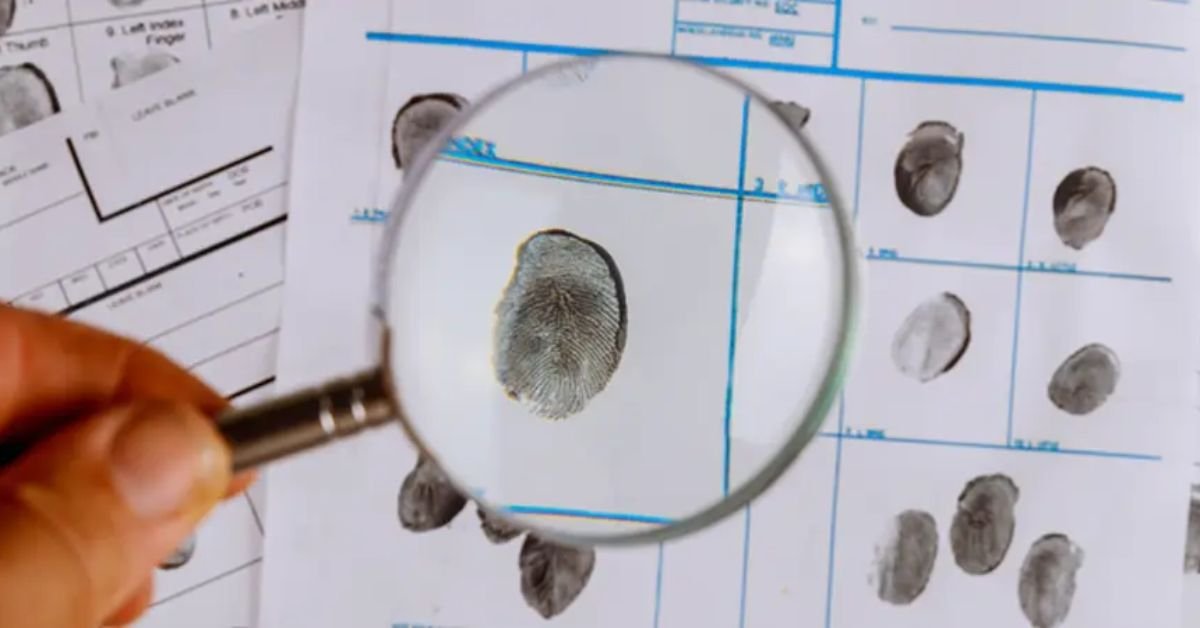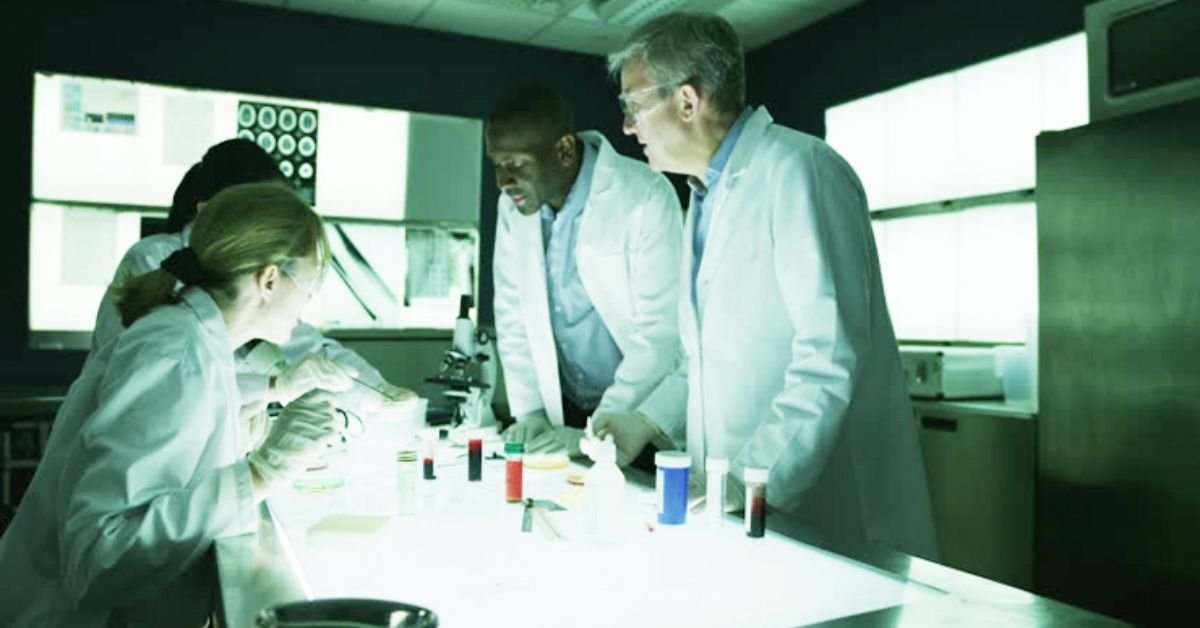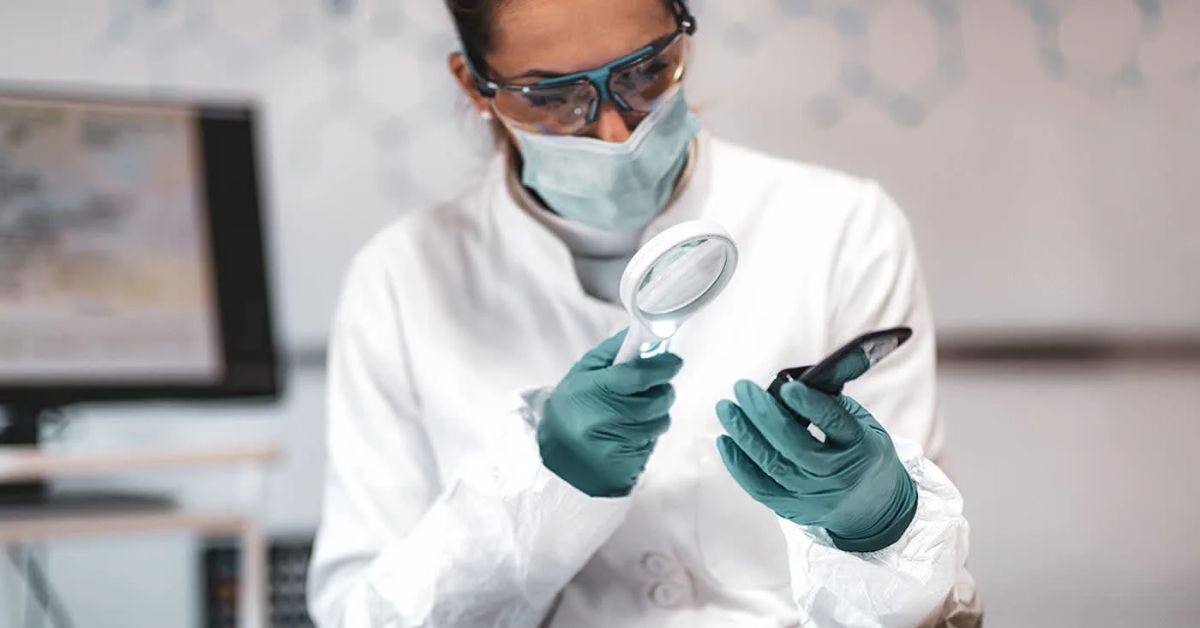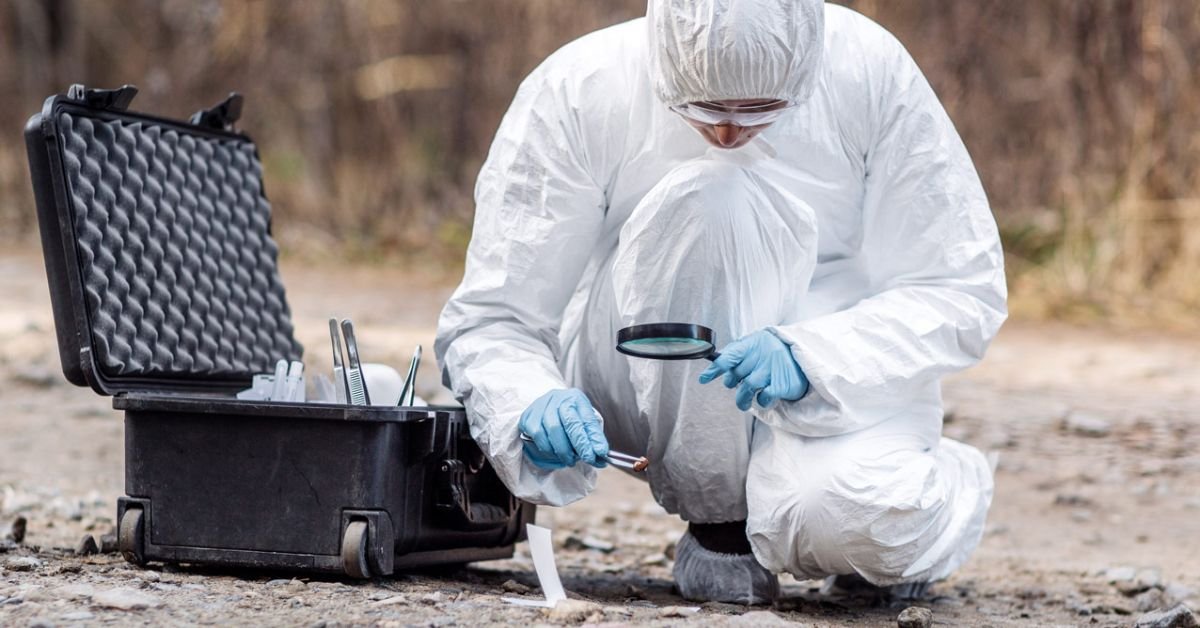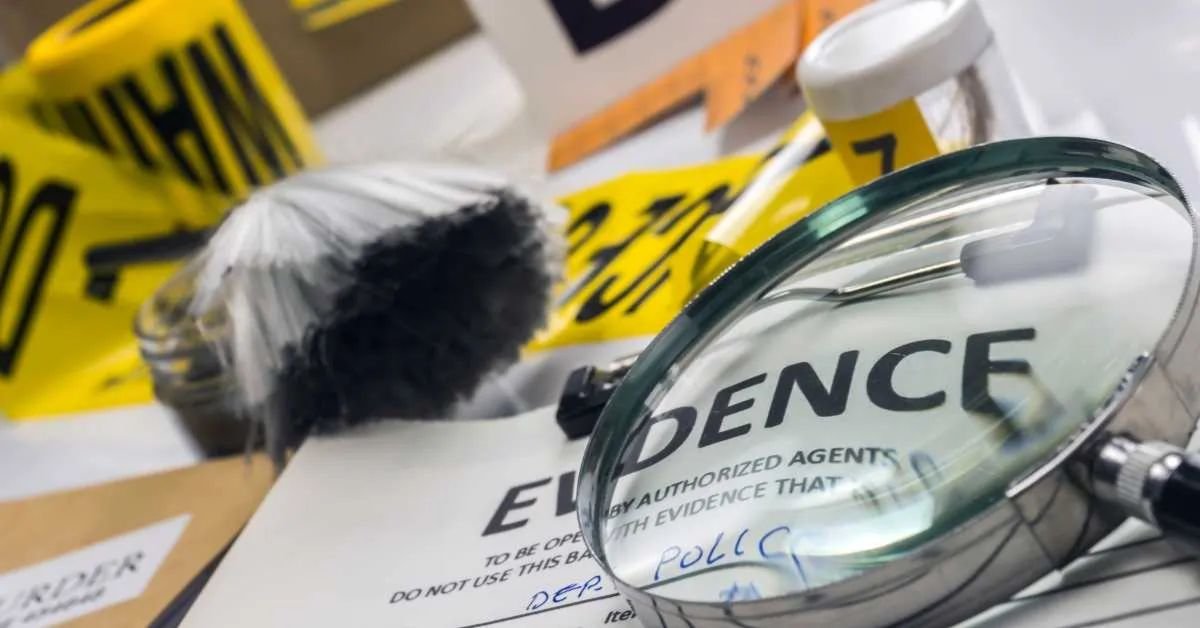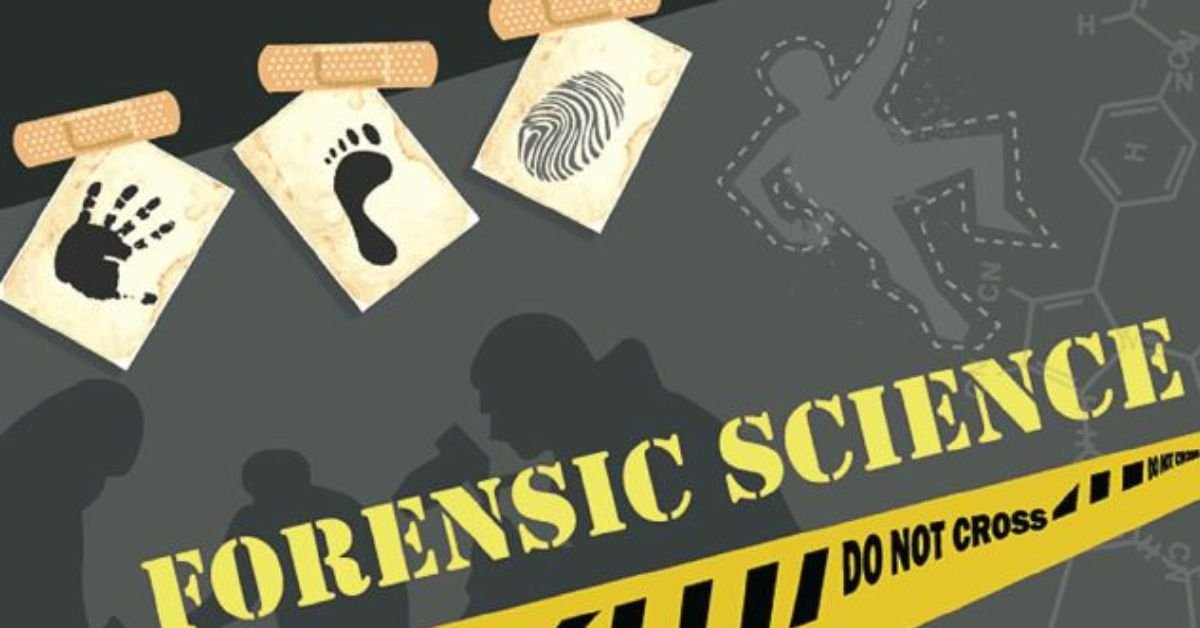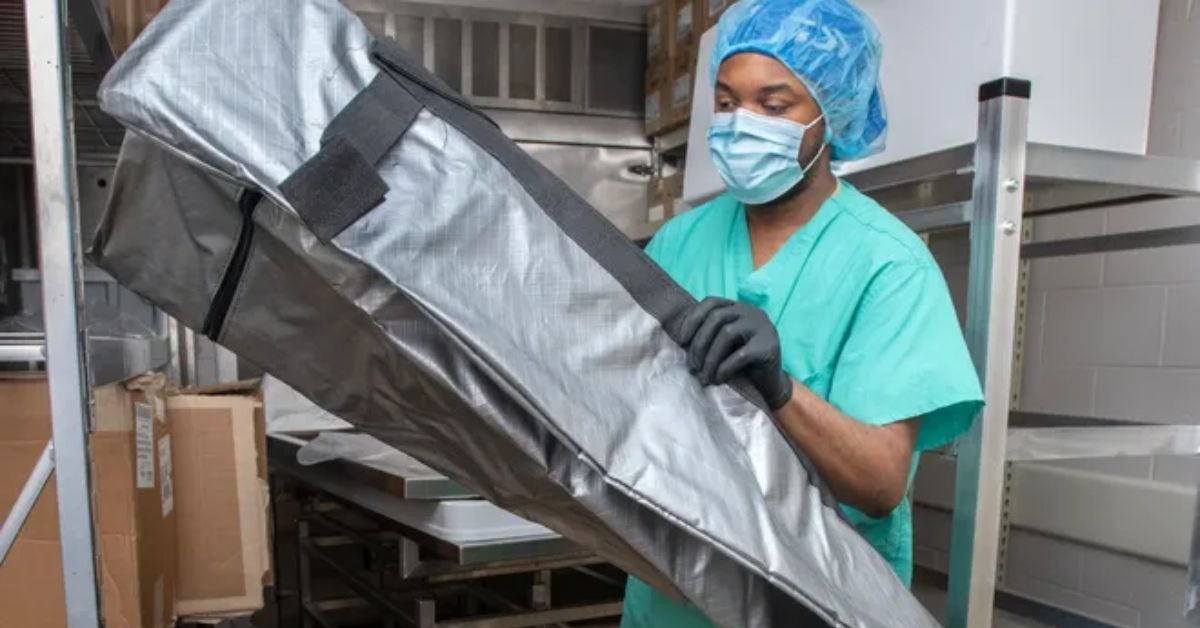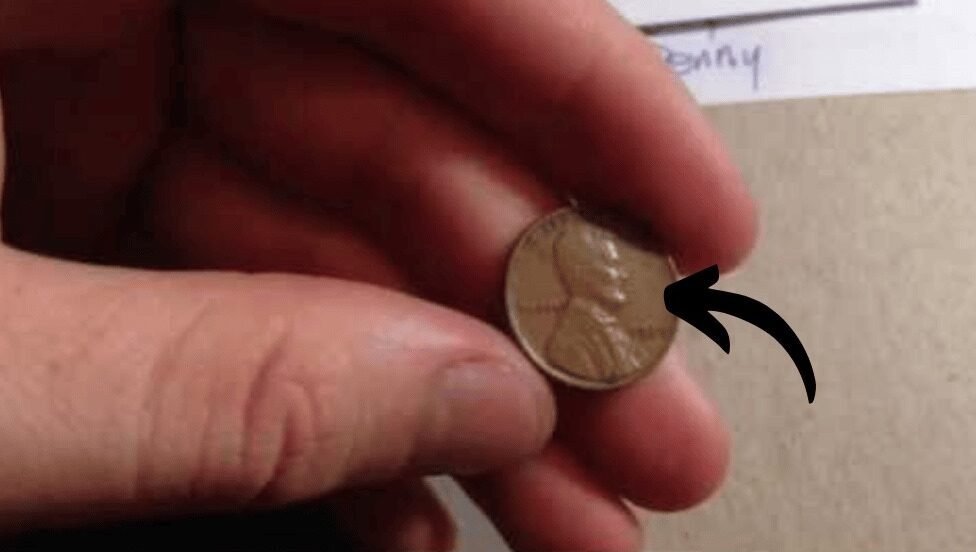A Medical Examiner (ME) is a licensed physician who plays a crucial role in determining the cause and manner of death in cases where death is sudden, suspicious, or unexplained. Medical examiners in Florida are critical to criminal investigations, public health, and legal matters, offering expert testimony in court and assisting law enforcement agencies in solving cases. This article will provide a comprehensive overview of the job description for medical examiners in Florida, their responsibilities, qualifications, salary expectations, and career outlook.
Role of a Medical Examiner in Florida
The role of a medical examiner in Florida is primarily focused on investigating deaths that occur under unnatural or unexplained circumstances. The medical examiner’s duties include performing autopsies, determining the cause of death, and collaborating with law enforcement agencies to gather evidence from death scenes. Their findings often serve as a foundation for criminal investigations, legal cases, and public health assessments.
Key Responsibilities of a Medical Examiner in Florida
1. Autopsy Performance
A key responsibility of a medical examiner is conducting autopsies, which involve a thorough examination of the deceased’s body. The purpose of an autopsy is to identify any signs of trauma, disease, or other factors that may have contributed to death. Medical examiners examine the body for physical injuries, such as gunshot wounds, stab wounds, or blunt force trauma. They also collect tissues and fluids for laboratory analysis to further determine the cause of death.
2. Cause and Manner of Death Determination
After performing the autopsy and reviewing medical records and other relevant information, the medical examiner must establish both the cause and manner of death. The cause of death refers to the medical reason for the death (e.g., heart attack, blunt force trauma, poisoning), while the manner of death refers to how the death occurred, such as whether it was a natural death, accident, homicide, or suicide.
3. Investigation of Death Scenes
In addition to performing autopsies, medical examiners in Florida often work closely with law enforcement officers to investigate death scenes. This may involve inspecting the scene for clues, such as weapons or toxic substances, and gathering evidence that may help in determining the cause of death. Collaboration between the medical examiner and law enforcement ensures that the investigation is thorough and evidence is properly collected and preserved.
4. Medical Record Review
To gain a comprehensive understanding of the deceased’s health prior to death, medical examiners review the individual’s medical records. This helps to establish whether any pre-existing conditions or recent medical treatments contributed to the cause of death. Medical records can also provide crucial information when determining if the death was accidental or related to medical malpractice.
5. Testimony in Court
Medical examiners are often called upon to testify in court about their findings. Their testimony is essential in both criminal and civil cases, where they explain the cause and manner of death, describe their findings from the autopsy, and answer questions posed by attorneys or judges. In Florida, medical examiners’ testimony can be pivotal in cases involving homicide, accidental death, or malpractice claims.
6. Toxicology Analysis
One of the critical aspects of a medical examiner’s role is conducting toxicology tests to detect drugs, alcohol, or poisons in the deceased’s system. Toxicology reports can help determine whether substances played a role in the death and can indicate whether the death was accidental (e.g., overdose), criminal (e.g., poisoning), or natural (e.g., alcohol-related health conditions).
7. Collaboration with Law Enforcement and Legal Authorities
A medical examiner works closely with law enforcement agencies, legal authorities, and other experts, such as toxicologists or forensic odontologists. This collaboration is necessary for a thorough and accurate investigation. They may assist police officers at crime scenes and help to determine whether foul play is involved, as well as provide expert opinions that influence investigations and court cases.
8. Public Health Surveillance
Medical examiners also play a role in identifying patterns of death that may have public health implications. For example, they might notice an uptick in drug overdose deaths or violent deaths in a specific area. This information can be vital for public health officials to address emerging issues, such as the spread of disease or substance abuse epidemics.
Required Qualifications and Education
Becoming a medical examiner in Florida requires extensive education, training, and certification. Below is a breakdown of the key qualifications and requirements for this profession:
1. Educational Requirements
- Medical Degree: A medical examiner must first complete a Doctor of Medicine (M.D.) or Doctor of Osteopathic Medicine (D.O.) degree from an accredited medical school.
- Postgraduate Training: After earning a medical degree, a medical examiner must complete a residency program in pathology. This is followed by a forensic pathology fellowship, which provides specialized training in conducting autopsies and determining causes of death.
2. Board Certification
Once a medical examiner has completed their training, they must be board-certified in forensic pathology by the American Board of Pathology (ABP). Board certification is required to practice as a forensic pathologist in Florida and ensures that the individual has met the professional standards necessary for the role.
3. Licensing
Medical examiners must also hold a valid medical license to practice medicine in Florida. This involves passing the required exams and maintaining the license through continuing medical education (CME) and other requirements set by the Florida Board of Medicine.
4. Other Skills and Qualities
- Attention to Detail: Medical examiners must have keen attention to detail, as their work directly impacts investigations and legal outcomes.
- Analytical and Critical Thinking Skills: The ability to analyze evidence, interpret medical data, and determine cause and manner of death is essential.
- Communication Skills: Medical examiners must be able to clearly document their findings and effectively communicate with law enforcement, attorneys, and judges.
Work Environment
Medical examiners in Florida are typically employed by county medical examiner’s offices, the Florida Department of Law Enforcement (FDLE), or private forensic pathology practices. The role may require working irregular hours, responding to death scenes at any time of the day or night, and handling cases that involve disturbing or traumatic events. Medical examiners must be prepared to deal with emotionally challenging situations, such as investigating violent deaths or child fatalities.
Salary and Career Outlook
Medical examiners in Florida earn competitive salaries due to the extensive training and specialized knowledge required for the position. On average, forensic pathologists in Florida earn between $120,000 and $200,000 annually, with some experienced professionals earning higher salaries, particularly if they are employed in high-demand urban areas.
The demand for forensic pathologists is expected to grow, driven by advances in forensic science, an increasing number of complex criminal investigations, and a greater need for expert testimony in court. The U.S. Bureau of Labor Statistics (BLS) predicts the employment of forensic science technicians, including medical examiners, to grow by 14% from 2021 to 2031, faster than the average for all occupations.
Salary Range for Medical Examiners in Florida
Below is a table summarizing the salary expectations for medical examiners in Florida, based on experience, geographic location, and employer type:
| Category | Salary Range (Annual) | Notes |
|---|---|---|
| Entry-Level Medical Examiners | $120,000 – $150,000 | Entry-level medical examiners typically with 0-5 years of experience. |
| Mid-Career Medical Examiners | $150,000 – $175,000 | 5-10 years of experience, board-certified in forensic pathology. |
| Senior Medical Examiners | $175,000 – $200,000+ | Extensive experience and senior roles, possibly managing a team. |
| Top 10% of Medical Examiners | $200,000+ | High earners in the field with advanced expertise or leadership positions. |
| Miami/Fort Lauderdale Area | $170,000 – $200,000 | Higher salaries due to demand and cost of living in urban areas. |
| Other Areas of Florida | $120,000 – $160,000 | Smaller areas with less demand may offer lower salaries. |
Conclusion
Medical examiners in Florida perform a critical function in the justice system by determining the cause and manner of death in complex and often tragic circumstances. They are integral to criminal investigations, legal proceedings, and public health efforts. A career as a medical examiner requires significant education, training, and certification, but offers competitive compensation and a rewarding profession dedicated to public service.
By obtaining the appropriate qualifications and certifications, medical examiners can pursue a fulfilling and impactful career in Florida, making vital contributions to the safety and well-being of society.
References
- Florida Department of Health – Medical Examiner Program: https://www.floridahealth.gov
- U.S. Bureau of Labor Statistics (BLS) – Forensic Science Technicians: https://www.bls.gov/ooh/life-physical-and-social-science/forensic-science-technicians.htm
- American Board of Pathology (ABP) – Forensic Pathology Certification: https://www.abpath.org


